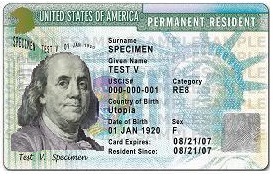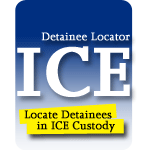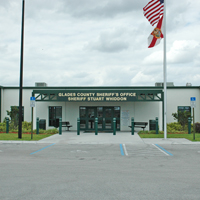What is the EB-5 Immigrant Investor Visa?

Under the Employment Based Immigrant Visa Program, a foreign national can apply for immigrant visas (“green card” status) for himself/herself and immediate family members (spouse and children under the age of 21). The EB-5 visa is generally referred to as an “Immigrant Investor Visa,” the “Million Dollar Investor Visa,” or the “Job Creation” visa. The stated purpose of the EB-5 visa program is to foster investment and job creation in the United States by foreign nationals.
Investment Must be a “New Commercial Enterprise.”
In order to qualify for an EB-5 visa, the applicant needs to invest in a “new commercial enterprise,” which is defined as a commercial enterprise (a/k/a business or company) established after November 29, 1990. If the commercial enterprise was established on or before November 29, 1990, it must be purchased and restructured or reorganized in such a manner that it results in the establishment of a new commercial enterprise, or it must be expanded through the capital investment so that a 40 percent increase in number of employees or net worth occurs.
EB-5 Business Entity Must be For-Profit.
A commercial enterprise for purposes of the EB-5 visa is defined as any for-profit activity formed for the ongoing conduct of lawful business. Examples of acceptable investor visa companies include: corporation, sole proprietorship, partnership (limited or general), joint venture, holding company, business trust or other entity, which may be privately or publicly owned.
The Investor will Create 10 Full-Time Jobs.
The foreign investor must in general create at least 10 (ten) full-time jobs for qualifying U.S. workers within two years of the immigrant investor’s admission to the United States on the EB-5 visa. A full-time employee is defined as one who works at least 35 hours per week. The immigrant and his derivative family members do not count towards the 10 full-time jobs.
In some cases in lieu of creating 10 full-time jobs, an EB-5 investor may be credited with “preserving” 10 preexisting full-time jobs, if the company deemed by USCIS to meet the Immigration and Nationality Act’s definition of a “troubled business.”
1.8 Million Dollar Investment.
A 1.8 million dollar USD investment in the U.S. commercial enterprise generally required.
The $900,000 U.S. Investor Visa.
The U.S. Immigration and Nationality Act provides that a foreign investor under some circumstances may qualify for an investor green card based on an investment of only 500,000 USD. To qualify, the commercial enterprise invested in must be located within “targeted employment area” which means either designated “high-employment” areas or areas designated as “rural.”
Targeted Employment Areas in Florida include the following areas designated as rural: Bradford County, Calhoun County, Citrus County, Columbia County, DeSoto County, Dixie County, Franklin County, Glades County, Gulf County, Hamilton County, Hardee County, Hendry County, Jackson County, Lafayette County, Levy County, Liberty County, Madison County, Monroe County (excluding Key West), Okeechobee County, Putnam County, Sumter County, Suwanee County, Taylor County, Union County, Walton County, Washington County.
A map of non-rural, high-unemployment zones – whose unemployment is 150 percent can be found here (Mitchell J. Cohen, P.A. is not affiliated with the site, and does not endorse the map’s accuracy).
Attorney Mitchell J. Cohen is a 25-year veteran of the American Immigration Lawyers Association (AILA) and represents foreign nationals in the greater Miami-Ft. Lauderdale-Palm Beach and Fort Myers-Naples-Tampa Metro areas in Florida, and before U.S. Embassies and Consulates worldwide (including all of the Americas, the Caribbean, Europe, Asia (including China PRC), Australia, New Zealand, the Middle East, and Africa. Immigration Law Offices in Hallandale Beach (954) 457-1941. Lee County, Fort Myers, Florida residents, call us at (239) 931-6558. We speak English, Spanish, Mandarin, French, Haitian Creole, and Hebrew. I am here to help!
This article is general in nature, and not intended as legal advice.






 .
.




